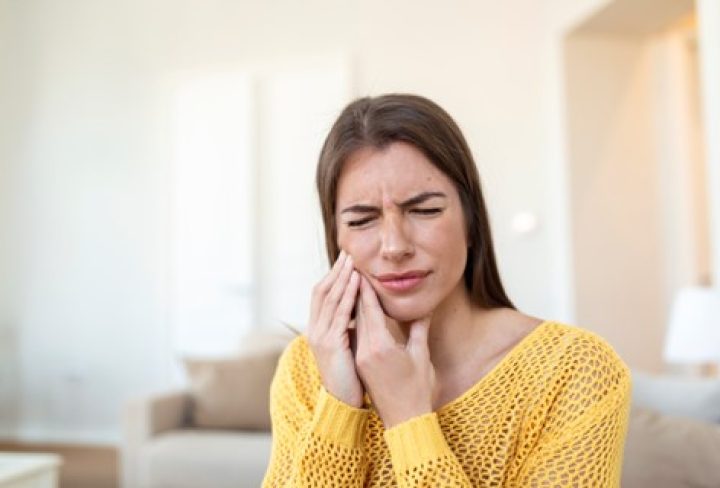A cracked tooth, also called Fractured tooth, is when you find a crack in your tooth. It may be small and harmless, but it can sometimes cause a split or break in your tooth.
A cracked tooth occurs due to age, tooth grinding, trauma, and external factors. There are no specific symptoms of a fractured tooth; however, some can notice pain, sensitivity, and swelling.
Although anybody can have a cracked tooth, it is more common in children and older people. If you suspect to have a broken tooth or find a crack in your tooth, consult a dentist immediately.
Do All Teeth Crack In a Similar Way?
NO, there are several different ways in which a tooth can be cracked or broken.
Cracked tooth: A crack appears at the tip of the biting surface of the tooth down towards the root, and the inner tissue of the tooth is usually damaged.
Craze lines: Tiny cracks that appear and affect only the outer enamel of the tooth. They are more common in adults, cause no pain, and may not require treatment.
Cracked cusp: The cusp is the pointed tip of the biting surface of the tooth that may cause a break and sharp pain when biting.
Split tooth: An untreated cracked tooth that can split into two parts.
Symptoms that Indicate Cracked Tooth
Cracked teeth do not usually show any symptoms. However, some people may experience symptoms like:
- Pain that comes and goes
- Sensitivity to temperature changes
- Sensitivity to sweet, hot, or cold foods
- Swelling around the tooth
- Toothache when biting or chewing
Causes of Cracked Tooth
- Extensive tooth grinding causing enormous pressure on the tooth
- Large cavity fillings or root canals that weaken the tooth
- Chewing or biting something hard (like ice, fruit stones, meat bones, etc.)
- Gum disease (this causes root fractures)
- Sudden changes in mouth temperature
- External injuries (Accidents and injuries to the chin or lower jaw)
Diagnosing a fractured or Cracked Tooth
Your dentist will-
- Do a thorough evaluation of your teeth to inspect your teeth for crack lines.
- Check your dental and medical history and about your recent injuries or activities.
- Examine your gums for inflammation
- Transillumination (a light is passed through your tooth to illuminate the fracture)
- Apply a staining dye on your tooth to see the cracked tooth
- Take an X-ray of the teeth to see fractures and other issues
- Periodontal probing (use special tools to locate the crack)
Treatment Options for a Cracked or Fractured Tooth
Treatment depends on the extent of damage to your tooth.
Bonding: Using plastic resin to fill the crack.
Cosmetic Contouring: Rounding and polishing the rough edges of the broken tooth.
Crown: Fitting a porcelain or ceramic cap over the broken tooth.
Extraction: Complete removal of the tooth.
Root canal: Removal of the damaged part to prevent further tooth weakening.
Veneer: A thin covering of plastic or porcelain on the front of the tooth.
Sometimes your dentist might not recommend any treatment if the crack is not affecting your appearance or pain and is superficial.
Complications of a Cracked Tooth
The biggest complication of a cracked tooth is an infection that can spread to the bone and gums (tooth abscess). You may experience symptoms like-
- Fever
- Pain while chewing
- Swollen gums
- Sensitivity to heat and cold
- Tender glands in the neck
- Bad breath
In case of any infection, your dentist might need to drain pus and then prescribe an antibiotic to kill the bacteria.
Preventive Measures for Cracked Teeth
- Avoid foods that are hard to chew, such as ice, popcorn kernels, hard nuts, etc.
- Avoid habits such as grinding or biting
- Do not clench the teeth
- Use a mouthguard while playing sports
Consult a dentist every 6 months for preventive care.
Dos and Don’ts When You Have a Broken Tooth
Dos
- Do Consider a Temporary Filling
- Do Take Over-the-Counter Pain Medication
- Do Reduce Your Sugar and Acidic Content Foods
- Do Consult a Dentist
Don’ts
- Don’t Open Items with Your Teeth
- Don’t Chew Hard Foods
- Don’t Eat or Drink Unless Necessary
- Don’t Avoid or Treat Cracked Teeth at Home


